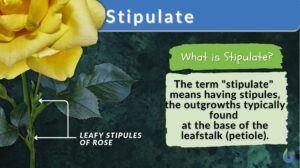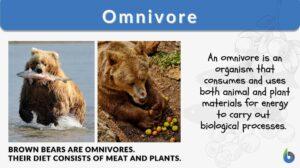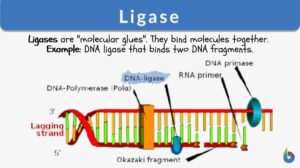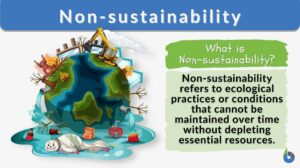Search Results for: conservation of energy
Conservation of energy
Conservation of energy The principle that the total amount of energy in a closed system remains always the same, none being... Read More
Metabolism
Metabolism Definition What is metabolism in the body? Metabolism encompasses the various biochemical processes, reactions,... Read More
Vascular plants
Definition of Vascular plants The term 'vascular' is derived from the Latin word vāsculum, vās, meaning "a container and... Read More
Primary productivity
Planet Earth is home to different types of life forms ranging from microscopic bacteria to giant whales and elephants. To... Read More
Wild dolphins learn to “tail-walk” on the water, yet it’s just a fad
Dolphins performing acrobatic tricks have, time and again, fascinated and mesmerized people. As early as 1860s, capturers... Read More
Biodiversity
Biodiversity Lead Author: J. Emmett DuffyThis article has been reviewed and approved by the following Topic Editor: John... Read More
Equilibrium
Equilibrium Definition In Biology Equilibrium refers to the state of balance and stability. In biology, equilibrium is... Read More
Conservation
Conservation efficiency of energy use, production, transmission, or distribution that results in a decrease of energy... Read More
Non-sustainability
Non-Sustainability Definition Non-sustainability is the state in which human consumption or activities exceed the ability... Read More
Biology: Concepts & Connections with Student CD-ROM (5th Edition)
Biology: Concepts & Connections with Student CD-ROM (5th Edition) ... Read More





![Biology n., [baɪˈɑlədʒi] Definition: scientific study of life](https://www.biologyonline.com/wp-content/uploads/2021/12/biology-definition-and-branches-of-biology-300x168.jpg)













